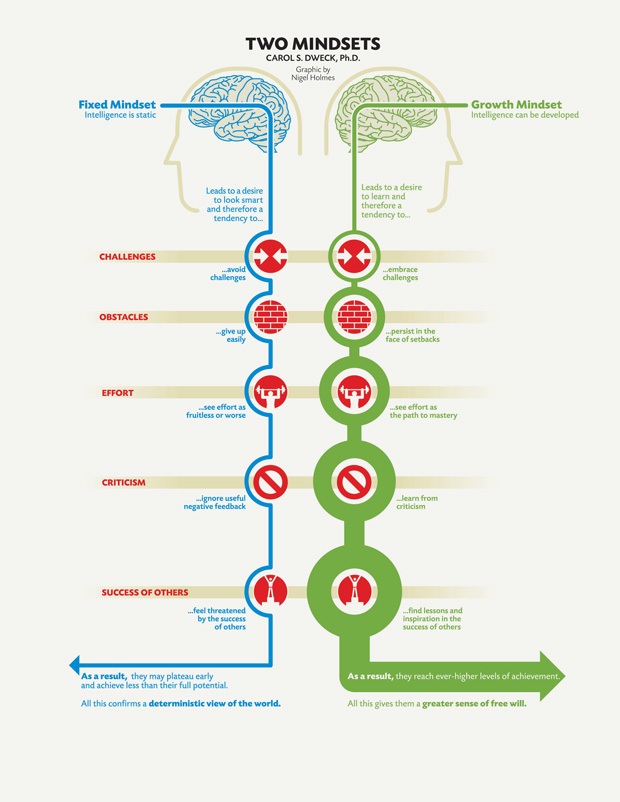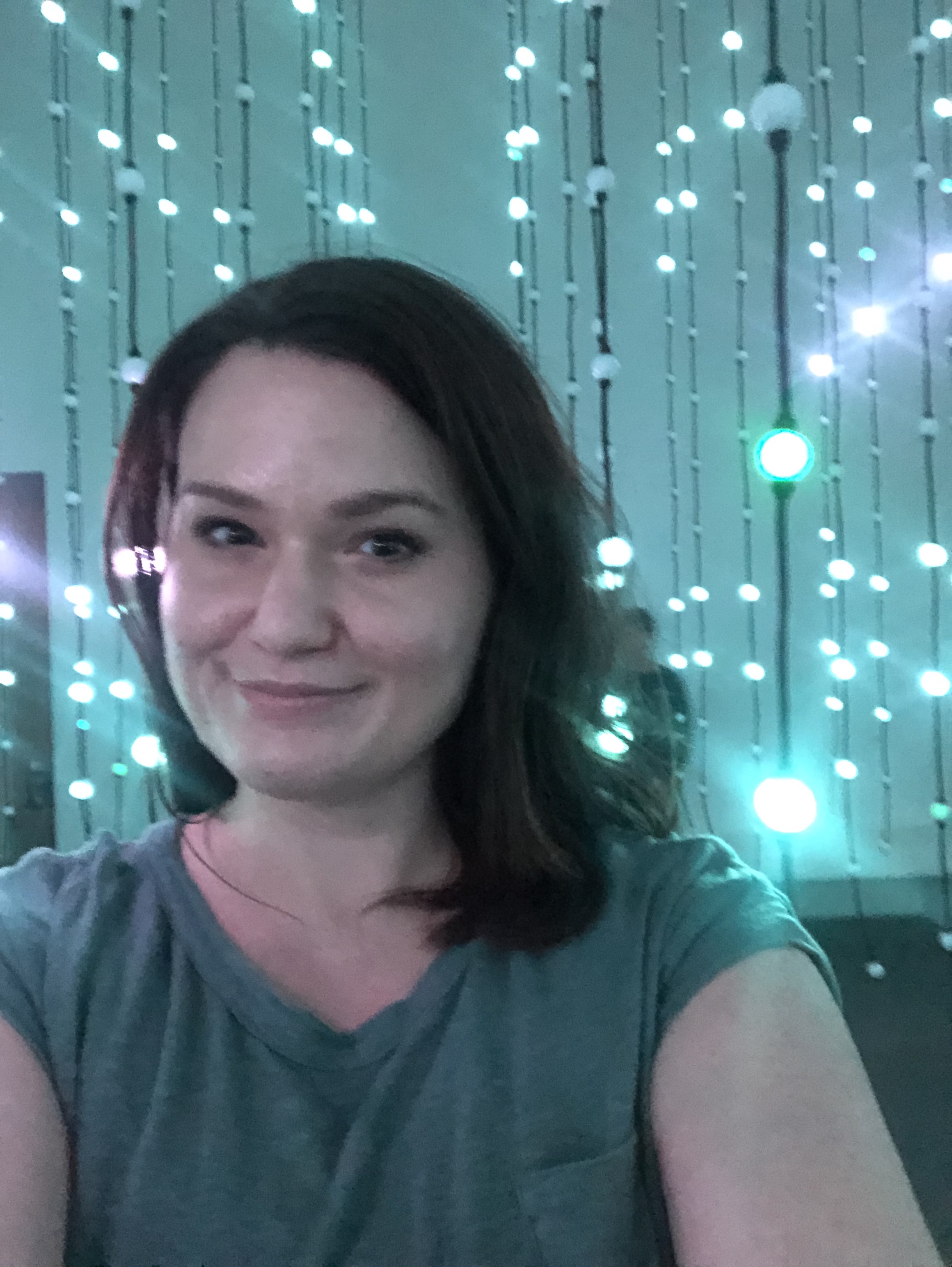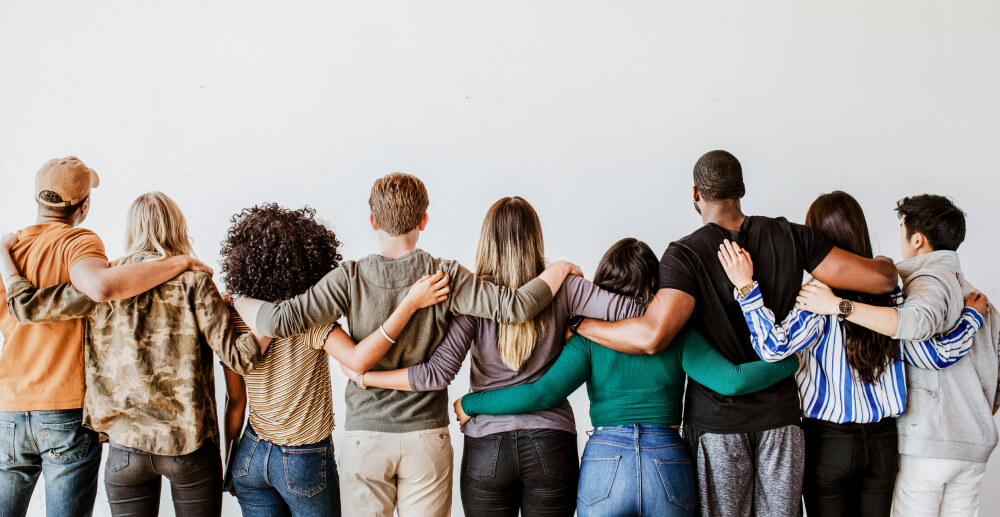I recently celebrated ten years in recovery from drug and alcohol addiction. I’ve come a long way from the young woman who spent her 21st birthday in rehab, celebrating with a sugar-free cake and agonizing over parties I was missing.
Ten years ago, I didn’t want to live a better life. I didn’t want to grow as a person. I just wanted to not wake up in withdrawal from pills and to stop nodding out at work.
If you’re not sure you can quit or change your relationship with substances, I’ve been there. I swore off pills or booze many times, just to find myself falling back into their traps. I tried on several walked down several different paths to recovery before I found one that felt right for me.
Along the way, I experienced some serious paradigm shifts. A paradigm shift is a scientific term used to describe when an old way doesn’t work with a new experience, resulting in a change of your basic perception of events.
Here are 5 big shifts in understanding that helped me on my journey to recovery:
1. A growth mindset works better.
When I’m insistent about my beliefs, habits, and understanding of the world, my mindset is fixed. In a growth mindset, I understand that I can cultivate who I am, and my knowledge and personality aren’t fixed traits attached to my self-worth. I don’t always have to win arguments or be the best at everything when I’m living in a growth mindset.
I spent many of my first few years of recovery finding out who I was. This felt so empowering and rewarding — but then I found myself limited by the new constraints I’d set up for myself. I slowly learned this person I’d decided to be could grow and change. This growth mindset helps me understand other people’s viewpoints, be open to feedback, and be more curious about the world around me.

Want to learn more about the whole growth mindset thing? Check out Carol Dweck’s TED talk on The Power of Believing You Can Improve.
2. Every expert was once a beginner.
I tend to give up on things I’m not good at. And like most people, I’m not good at a lot of things when I’m first learning them — including how to live life sober. But no one is good at anything when they’re starting out. We all start somewhere.
In Daniel Coyle’s book The Talent Code, he explains that we often perceive people as talented when they’re just devoted to deep practice, and open to a growth mindset. People aren’t born experts or natural talents — they just haven’t given up, and their persistence and practice has paid off.
Coyle explains that the uncomfortable edge of practice where you make mistakes (exactly where I’m tempted to quit) is where the learning and growth really happens. He explains, “The truth is, when you are starting out, you do not ‘play’ tennis; you struggle and fight and pay attention and slowly get better. The truth is, we learn in staggering-baby steps. Effort-based language works because it speaks directly to the core of the learning experience.” Learning how to do anything, from living without drugs to playing tennis, is hard. It’s uncomfortable.
I don’t like to feel uncomfortable. I drank and did drugs to avoid feeling discomfort. But what I’ve learned in recovery is that discomfort is where the growth happens, and where I’m able to learn. If I’m uncomfortable, it’s probably an opportunity. And I have a lot of opportunities.
3. I’m not defined by my thoughts and feelings.
In early recovery (and when I was still drinking and using), I was terrified of my emotions. Feeling anxiety or depression would literally overcome me, and at times I tried to kill myself overcome with alcohol, lack of inhibition, and emotion.
Meditation helped me watch my thoughts and emotions come and go — in early recovery, my 12-step friends dragged me to Dharma Punx meetings, where I struggled to sit through agonizing silent meditations. But gradually, I began to absorb some of the lessons. I watched my thoughts come and go, seemingly at random. I brought curiosity to the physical experience of my anxiety. In Daniel J Siegel’s book Mindsight, he explains, “Inviting our thoughts and feelings into awareness allows us to learn from them rather than be driven by them.” He compares the experience of saying “I am sad,” to the experience of saying “I feel sad,” — when I’m saying I’m sad, I’m declaring this as a part of me. When I’m saying I feel sad, like feeling cold or tired, I’m acknowledging the impermanence of emotional states and myself as something separate from them.
Want to learn more? Check out Daniel Siegel’s Mindsight meditation on Youtube.
“I can’t expect my life to play out like a montage scene in a movie unless I get up and take some action.”
4. My mind is a scary place, but that doesn’t mean I can’t go there.
In rehab, we’re often taught that our minds are dangerous places to explore or that we can’t trust our own thinking. I believe this simple messaging serves people in early recovery, as my thinking used to be overwhelmingly negative. But a decade in, it no longer serves me to think of my mind as a dangerous place to go. Cognitive Behavioral Therapy techniques like the ones used in Workit’s online addiction courses helped me realize that I do have negative thought patterns — but I also have the power to recognize and change these patterns.
Not sure what Cognitive Behavioral Therapy is? You can learn negative thinking patterns and how to fix them in a course unlocked from Workit Health’s Program, Owning Your Auto Thoughts.
5. It’s okay to be sensitive.

I used to pride myself on being able to keep up with a wild party lifestyle. I came of age at a time when ‘Hardcore’ was an adjective used to describe coolness, and I spent much of my youth trying to be hardcore. In recovery, I’ve realized that I drank and used because I was uncomfortable much of the time. When I took away the blurring filter of drugs and alcohol, small details of my environment began to matter more. The clothes I wore, the noise and scents in the environment around me — all of this affects me more than I wanted to admit.
I’ve now realized that I’m likely a Highly Sensitive Person, and I believe many people who struggle with addiction are. In Elaine N Aron’s book, she explains, “Highly Sensitive People are a package deal. Our trait of sensitivity means we will also be cautious, inward, needing extra time alone. Because people without the trait (the majority) do not understand that, they see us as timid, shy, weak, or the greatest sin of all, unsociable. Fearing these labels, we try to be like others. But that leads to our becoming over-aroused and distressed. Then that gets us labeled neurotic or crazy, first by others and then by ourselves.”
This vicious cycle of trying to keep up with the pack, burning out, and then labeling myself as crazy was how I spent much of my twenties. I’ve stopped being ashamed of my sensitivity, or trying to bury it unsuccessfully under booze and pills.
—
I can’t expect my life to play out like a montage scene in a movie unless I get up and take some action. In the past, I waited for some perfect moment or sort of sign, and now I realize I would have been waiting forever, stuck in a mess of unhappy habits.
Did I understand any of this when I decided that I’d had enough of the endless cycle of drug addiction? Did I want to open my mind and grow as a person? Naw, man. I wanted to detox and get back to my life as normal, without rocking my perilous little boat. We never want to rock our boats–change can feel terrifying and like we’re losing a part of ourselves–and it’s often just the thing to save our lives.









